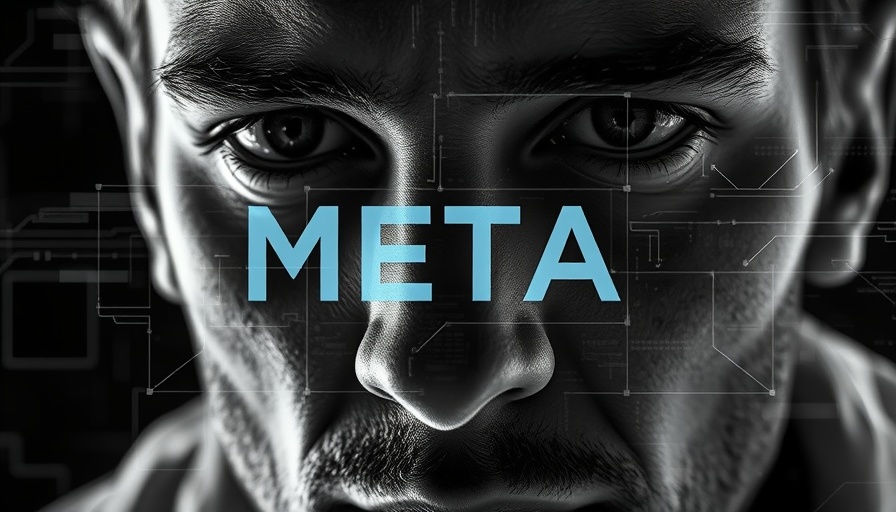
Revolutionizing Tax Preparation: The Future of Compliance
In a landscape where the tax preparation industry is on the brink of collapse, the launch of Filed—a new accounting software—might be a game-changer. With $17.2 million in fundraising, Filed aims to automate the laborious tasks associated with tax compliance, addressing a looming workforce crisis within the accounting sector.
Addressing a Critical Shortage
The tax industry faces a pressing challenge: a significant wave of retiring CPAs combined with a decline in new entrants. Leroy Kerry, CEO of Filed, highlights that professionals are overwhelmed with paperwork, spending up to 50% of their time on mundane tasks that can be automated. As regulation becomes increasingly complex, tackling this issue with innovative software could ease the burden on firms.
AI: A Human-Aiding Partner
Filed's unique proposition lies in its AI, designed specifically for tax workflows. Unlike competitors that may require a complete tech overhaul, Filed’s solution integrates seamlessly with existing software systems. This means firms can continue using their preferred tools while benefiting from the AI's efficiency—streamlining the entire lifecycle of tax return processing.
Creating Opportunities in the Tech Space
Kerry’s personal journey—from a single-parent household in South London to the helm of a tech startup—resonates deeply in an industry ripe for change. His story underscores the potential for diverse backgrounds to drive innovation in the tech space, particularly in traditionally homogeneous sectors like accounting.
Future Insights: Where Is Tax Tech Heading?
With innovations like Filed paving the way for greater automation, we might see a significant shift in how tax compliance operates. This not only reduces the drudgery for accountants but potentially opens pathways for a younger workforce eager to adopt technology-driven solutions.
For those working in finance or tax-related industries, understanding these advancements is crucial. As automation takes hold, professionals might find themselves focusing more on strategic decision-making rather than the tedious processing of paperwork.
Call to Action: Embrace the Future of Tax Compliance
The evolution of tax prep through AI technology like Filed is just the beginning. Professionals in the accounting sector should stay informed about these developments to leverage automation's potential for their firms effectively. Those interested in streamlining their tax processes and reducing operational headaches should consider exploring options like Filed to stay ahead of the competition.
 Add Row
Add Row  Add
Add 




Write A Comment